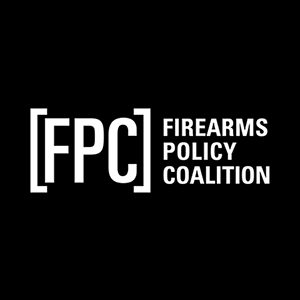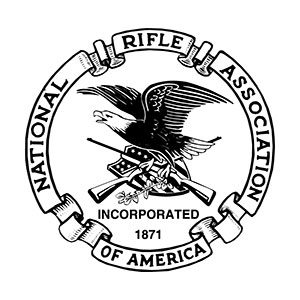
On November 18, top law enforcement associations issued a letter calling on Congress to reject H.R. 38, also known as the Concealed Carry Reciprocity Act, in anticipation of its review with the government shutdown in the rearview mirror and a legislative agenda back on the table for lawmakers.
The letter, penned by The National Fraternal Order of Police (FOP) and the International Association of Chiefs of Police (IACP), not only calls for a rejection of the popular act, but also states “…serious reservations about the impact this legislation would have on officer safety, officer liability, qualified immunity, and state and local gun safety laws.”
The wildly popular H.R. 38 would create national reciprocity for concealed carry permits, treating them similarly to driver’s licenses, which are recognized across state lines, regardless of residence. Similarly, the act would provide federal protection of concealed carry of a handgun in other states if one could legally do so in his home state.
The rejection of the act by the FOP and IACP begins by addressing the proposed measure as “problematic” – presumptively because a person may assert they are lawfully carrying a firearm, with no proof other than a photo ID – a freedom not so far from the 27 words enumerated in the Second Amendment.
The associations also make much of the fact that the bill would strip officers of qualified immunity and make them open to personal lawsuit by any person “who is deprived of any right, privilege, or immunity”. Their non-sequitur conclusion is, “This makes it impossible for an officer to conduct any investigation with respect to ascertaining if the person is in fact compliant with the firearms law in their state of residence.”
News2A spoke with a law enforcement officer with 10 years on the job and who is currently assigned to his agency’s SWAT team in Tennessee and who agreed to anonymously provide his reaction and thoughts to this letter. He wrote:
From the perspective of somebody who has worked in law enforcement for over 10 years, I don’t find this to be credible. They are conflating a lot of things. Carrying a gun is not reasonable suspicion, it’s a constitutional right.
The hypothetical scenario that the FOP and IACP pose in their statement is intentionally disingenuous. If I have reasonable suspicion to investigate a crime and someone is legally armed, this bill does nothing to change how I will respond to the situation. What this bill does do is protect citizens from unconstitutional gun laws that restrict their ability to defend themselves.
The letter continues:
Officers would be expected to interpret and apply laws from all 50 states in real time, without reliable means to verify an individual’s eligibility to carry concealed weapons…
Unironically, their complaint sheds light on the fact that civilians must currently bear the burden of complying with the 50 different flavors of infringements as they travel from state to state. Shifting the burden to the government seems more than fair and would likely put pressure on states to normalize, simplify, or even remove gun control laws.
The letter presents a number of statistics about officers injured in the line of duty, stating, “Officers handle these encounters differently if their suspect is armed or discovered to be armed.” Missing in the letter is the fact that criminals, by definition, don’t follow laws, nor do they often announce their intention to commit a crime. Also missing is that officers encounter people carrying concealed firearms tens of thousands of times per day, and in most of those cases, citizens are not required to disclose that they are armed.
More than anything, the letter demonstrates the two-tiered system that benefits those who write and enforce the laws over all others. Every single gun control law passed to date, that we are aware of, carves out exemptions for law enforcement, who are also simply private citizens performing a duty. Police associations’ unwavering alignment with anti-gun bureaucrats reveals the ongoing privileges those bureaucrats grant to their rank-and-file supporters in exchange for their votes.
Other similar measures have been proposed, such as H.R. 645, the National Constitutional Carry Act, introduced by Rep. Thomas Massie, which would establish nationwide constitutional (permitless) concealed carry.


















Most communist nations or formerly so, as with my pal’s ex-wife native country of Bulgaria, as a former Soviet Block Iron Curtain state, operate on this American police organization’s attitudes. My pal’s biological father in law was a communist party member in Bulgaria, and as such he was given special privileges granted by the communist government which he retains today post-Soviet. For example: he could drive a nice car, was given a luxury apartment, allowed expensive vacations to the Black Sea resorts, and was also a member of a gun club, none of which was available for non-communist party members… Read more »